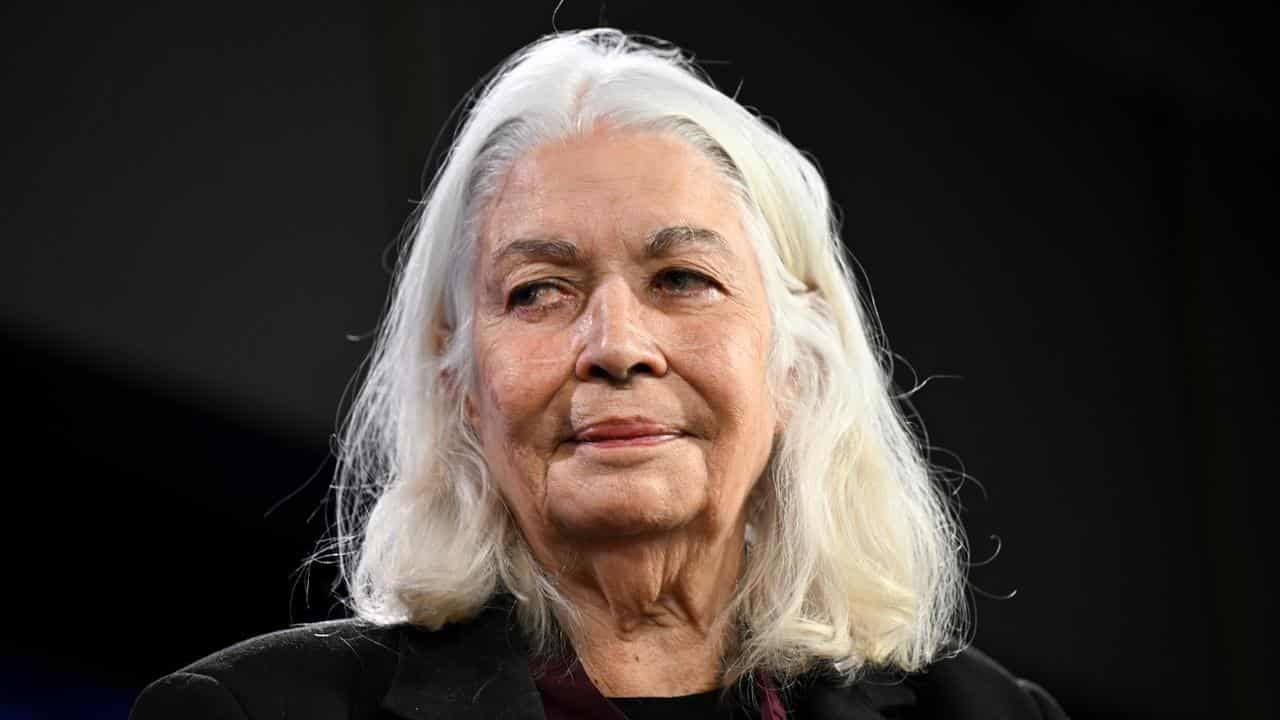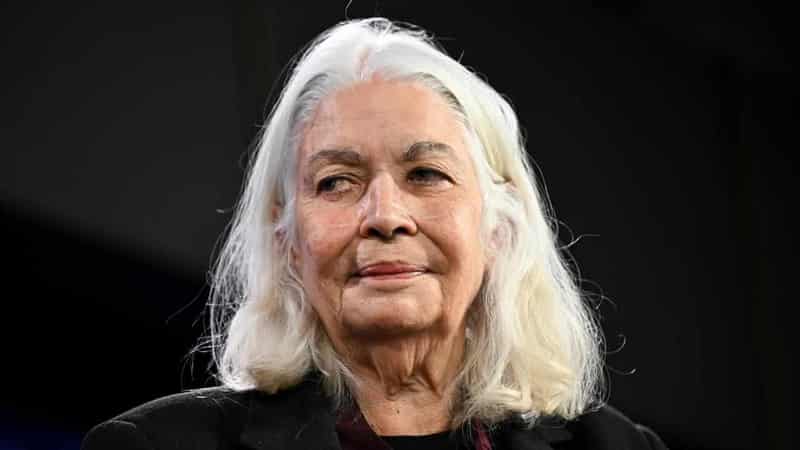
A key figure behind the Indigenous voice has urged the government to have a comprehensive backup plan should the referendum fail.
Australians will be asked to vote on October 14 to recognise Aboriginal and Torres Strait Islander people in the constitution through a new advisory body.
Indigenous academic Marcia Langton, a co-chair of the voice design group, said many people on the "frontlines of dealing with the problems" were worried about the prospect of the voice referendum failing.
"They already have little say and a loss will mean they have even less," Professor Langton told the National Press Club on Wednesday.
She said a reform plan should be based on common sense, inquiry and royal commission recommendations and the voice co-design process report she authored with Professor Tom Calma.
"There is another opportunity for this government and that is to consider what it would do should the voice referendum fail," she said.
"I do hope that this government would turn to our report for inspiration for policy settings, to empower us, to involve us in closing the gap, and other issues that affect our lives."
Professor Langton also shot down Opposition Leader Peter Dutton's proposal for a second referendum, should the first one fail, to recognise Indigenous people but not enshrine a voice.
"There's no point in a second referendum because it's not what we want," she said.
"We asked for recognition through a voice combining the symbolic and practical to give us both dignity and a sense of empowerment and responsibility in matters that affect us."
The government has accused the coalition of trying to sabotage the referendum next month by promising a second vote.
Prof Langton said the voice was not about opening wounds over the country's colonisation, and would take nothing away from others.
"This is not intended to make Australians feel guilty about the often-painful past of Australia's settlement and treatment of Indigenous people," she said.
With tears welling in her eyes, Prof Langton spoke of the toll public vitriol and trolls had taken on leaders advocating for change.
She pleaded for the media not to participate in "pile-ons" on decent people.
It was the nation's "one chance" to turn around disadvantage, she said.
"Don't imagine that there's another opportunity around the corner. Don't think your 'no' vote goes into a different pile marked next time," Prof Langton said.
She said the 'yes' vote would deliver hope and healing through working together.
A 'no' vote would bind the country closely to a "broken status quo" which would continue the cycle of disadvantage and disempowerment.
The academic blasted the 'no' camp for its "utter nonsense" in claiming the proposal would racially divide Australia.
The 'no' case argues the constitutional change is legally risky, divisive, permanent and lacks enough detail for Australians to make an informed decision.









